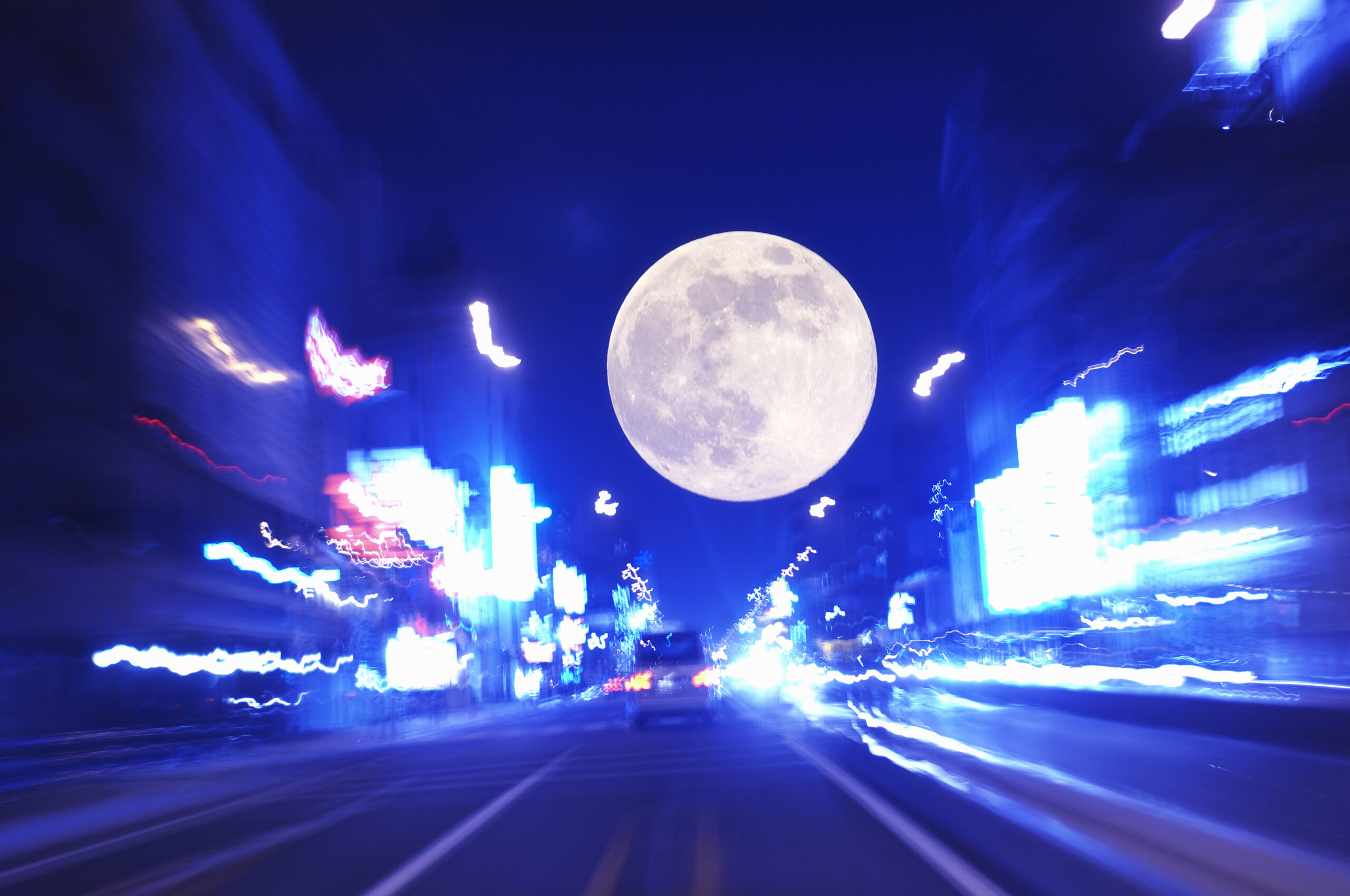 Throughout history, the moon has been attributed to a slew of strange occurrences. For example, it was once believed that chickens would lay more eggs in the moon’s last quarter, women were more likely to become pregnant on a full moon, and we’ve all heard about the business with vampires and werewolves.
Throughout history, the moon has been attributed to a slew of strange occurrences. For example, it was once believed that chickens would lay more eggs in the moon’s last quarter, women were more likely to become pregnant on a full moon, and we’ve all heard about the business with vampires and werewolves.
Whilst civilisation has learnt more in the realms of astrology and plenty of these superstitious beliefs have fallen by the wayside, some recent studies have actually uncovered some interesting evidence that suggest the moon may actually be affecting our health. In this blog, Team Med explores how.
Sleep Schedule
You might have noticed that every few weeks, you find yourself either having trouble falling asleep, having trouble staying asleep, or both. Well, according to a 2014 study published in the journal Current Biology, experts found that our sleep schedules are in fact connected to lunar phases. The study’s participants were recorded to have 30% less sleep around the time of a full moon, as well as the time required to fall asleep increase by an average of five minutes. It is believed that these findings are evidence of our bodies having a ‘circalunar clock’, which is synchronised with moon cycles, just as our circadian clock allows us to keep track of day/night cycles.
Heart Health
Findings in a 2013 German study published in the European Journal of Preventive Cardiology suggest that the moon may also work towards protecting our hearts (to a certain degree). Apparently, of 16,000 heart patients, there were significantly fewer attacks in the space of three days following a new moon. Similarly, a 2013 study conducted at the Cardiovascular Institute at Rhode Island Hospital, in which 210 heat surgery patients were tracked from 1996 to 2011, discovered that chances of dying after a procedure was considerably lower if it occurred during the period between full and new moons.
Brain Function
The beliefs that the full moon can turn people into monsters such as vampires and werewolves had to have started somewhere. It is true that ancient civilisations right through to the Middle Ages once believed the moon, for whatever reason, did have the ability to affect a person’s mind and, by extension, their actions (hence the expression ‘lunatics’).
The theory is still holding ground, however, with a 2011 Dutch study taking note of 5,400 patients and noticing a spike in emergency admissions of psychiatric patients. There was also noted to be an ‘increase in the severity of illness and aggressive behaviours’, as well as a definite difference at the beginning and end of moon cycles.
Menstrual Cycles
It is considered far too coincidental to some in the industry that the average time of menstrual cycles and lunar cycles are the same: 28 days. This is likely where ancient beliefs of a woman becoming more fertile on the full moon, and having their periods during the new moon, as the lunar cycle’s gravitational pull affected their cycles in similar fashion as it does the tides. These specific details may sound like a stretch, but a 2011 study in the journal Acta Obstetricia et Gynecologica Scandinavica followed the menstrual cycles of 826 women aged 16 to 25, and it was found that 30% had their periods during the new moon.
Correlation vs. Causation
It is important to remember that while industry professionals conducted these studies, the findings do not guarantee absolute facts. There is unarguably a correlation between the moon’s activities and our shifting health, however correlation does not amount to definitive causation. Until further research is conducted, some mysteries will have to remain unsolved.
Be on the safe side next full moon, and stock up on the appropriate medical supplies from Team Med. Contact our friendly team to learn more about our extensive range.
